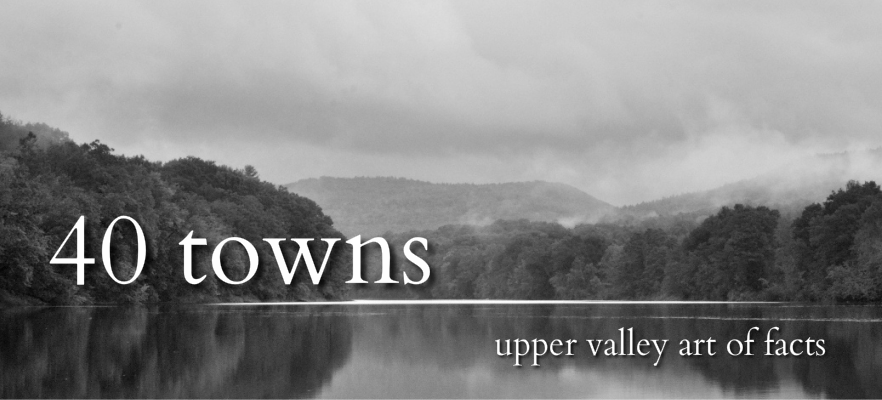a glory of documentary-making and an important addition to the defiant stockpile of AIDS-inspired art being created in these modern Plague Years: Silverlake Life: The View From Here is intimate and dry-eyed, charming and powerful, idiosyncratic and wrenching. It's also, at times, blessedly comic and light. The grace of the film, which won the Grand Jury Prize at this year's Sundance Film Festival, is in its ability to mix dying with living-deftly, wittily, superbly--so that we come to know these men as full individuals.
Now some students of filmmaker Abraham Ravett, a professor at Hampshire College, have carried on that legacy, editing 10 hours of footage for a film left incomplete when Joslin died. The result this time is called Architecture of Mountains. Reports the Valley Advocate:
"This came about because I was teaching a class on recycled material in visual arts and writing as well,” explains Ravett. “I called [Hampshire alum] Ken Levin and asked whatever happened to the footage. He said, ‘It’s been sitting in my garage in L.A.—I didn’t know what to do with it.’ I told him about this course and asked if he would consider letting us take a look at it.”
...
For Ravett, working with the footage provided another surprising resonance with Joslin’s later work. In Silverlake Life, Joslin films himself in bed late at night. The roots of that idea can be seen in Architecture. In that film, Joslin explains that he wants to get at his own dreams, so he installs a camera and a light, all set to go on at random intervals in the night, in hopes that he could convey his dreams. Since Joslin blurs the lines between fact and fiction in Architecture, it’s not immediately apparent whether he actually created that setup.
Ravett says that Joslin really did. “He was truly awakened—he had an alarm that turned on the camera. There’s a mixture of truth and non-truth [in the film], but ultimately he’s very self-concious—he was, always. He was interested in the power of dreams, the subconscious. He wanted that in the film. What strikes me is how prescient he was in terms of how he looked in that footage [and how he looked in Silverlake Life]. For us it was really startling.”
Read more in The Valley Advocate.

 RSS Feed
RSS Feed